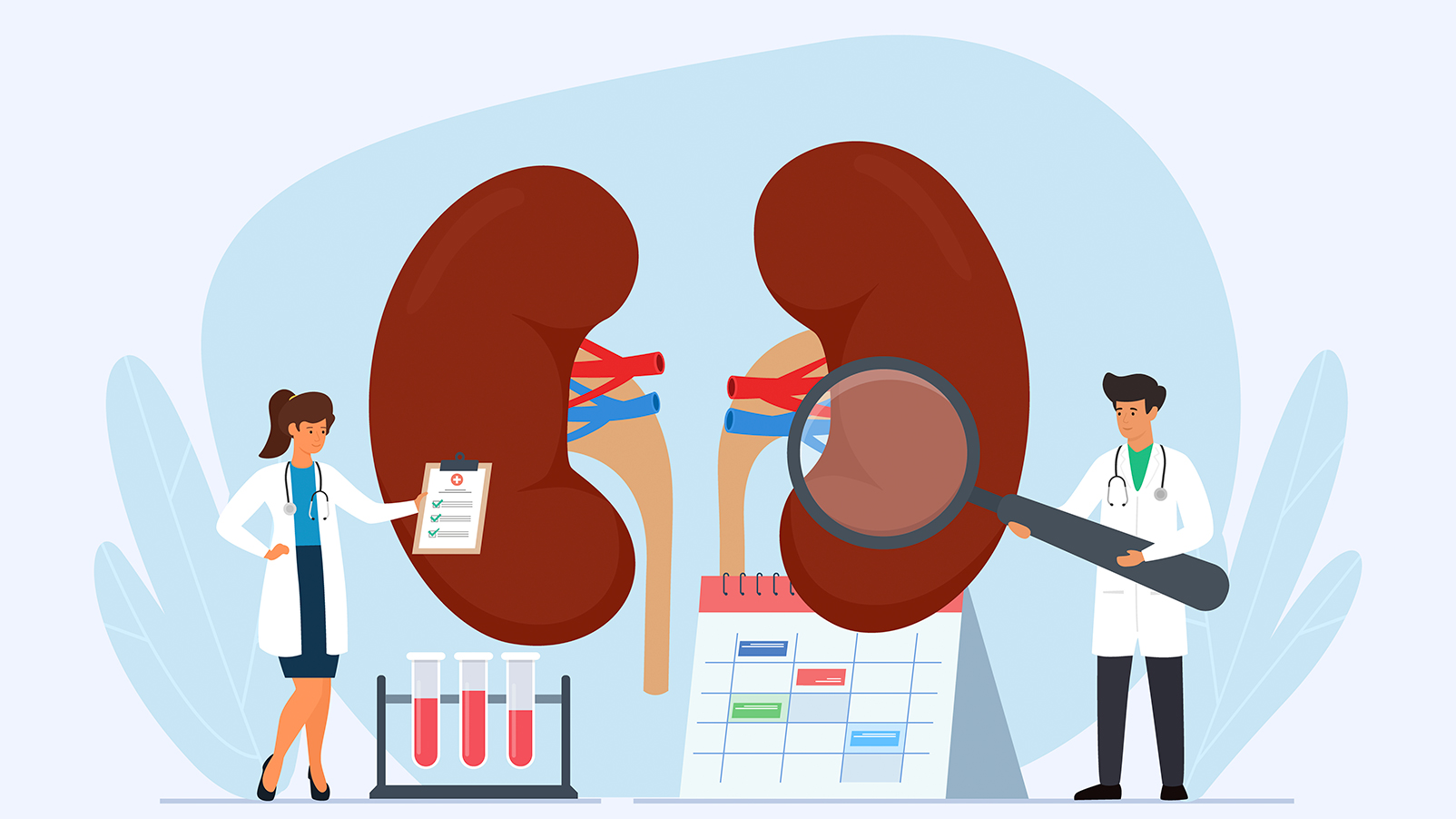Infliximab induction therapy fails to protect kidney transplants and appears to increase the risk of BK virus infection in recipients, investigators report.
Peter Heeger, MD, of the Comprehensive Transplant Center at Cedars Sinai Medical Center in West Hollywood, California, and colleagues randomly assigned 225 unsensitized recipients of deceased-donor kidneys to receive intravenous infliximab (3 mg/kg) or saline placebo prior to kidney reperfusion. Read the full story in Renal & Urology News.





